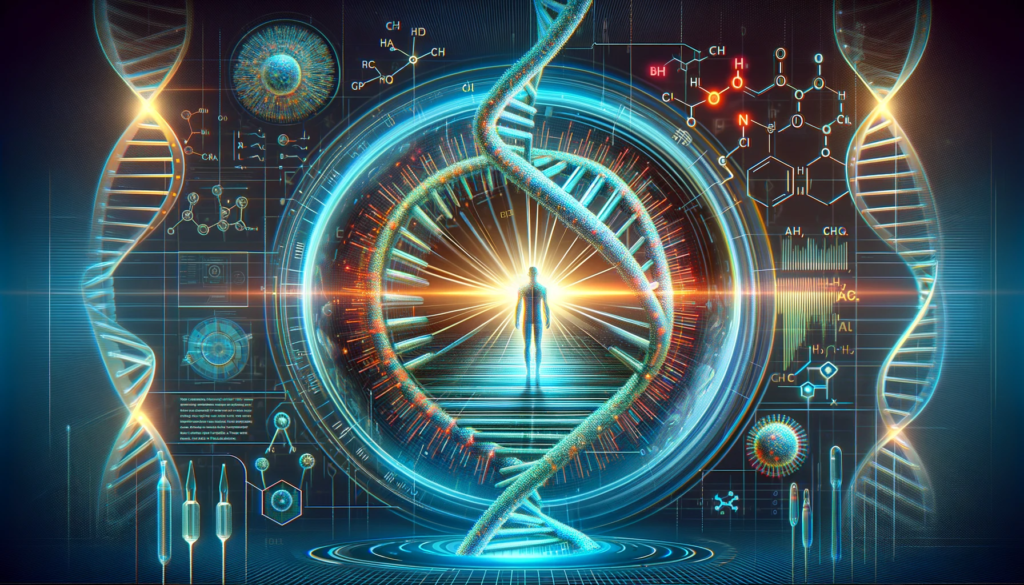The Revolution in Genetics
CRISPR-Cas9 has ushered in a new era in genetics, allowing us to edit DNA with unprecedented precision. This technology is not just about treating diseases; it’s about rewriting the very blueprints of life. We’re now looking at a future where genetic diseases could be a thing of the past, and the potential for designing human traits becomes a reality.
Understanding CRISPR-Cas9
This groundbreaking tool functions like molecular scissors, capable of cutting and replacing specific gene sequences. It stands for “Clustered Regularly Interspaced Short Palindromic Repeats,” with Cas9 being the enzyme that executes the cut.
Transformative Stories
Take Ava’s story, for instance. Born with a rare genetic disorder, she found hope in CRISPR-Cas9. This technology corrected the faulty gene, not just treating her condition but effectively curing it, showcasing a transformative approach to genetic diseases.
Beyond Curing Diseases
CRISPR’s capabilities go beyond curing diseases to potentially enhancing human capabilities, like increasing intelligence or physical strength. This prospect, however, brings us face to face with profound ethical questions.

The Ethical Dilemma
The ability to alter human genetics raises critical moral questions. Where do we draw the line in genetic modification? Is it ethical to change human traits, and what are the potential long-term impacts of such changes?
Your Insights
As we stand at the threshold of this new genetic frontier, we turn to you, our readers. What are your thoughts on CRISPR-Cas9 and the era of DNA customization? Is this a step towards a healthier future or a path lined with ethical uncertainties?